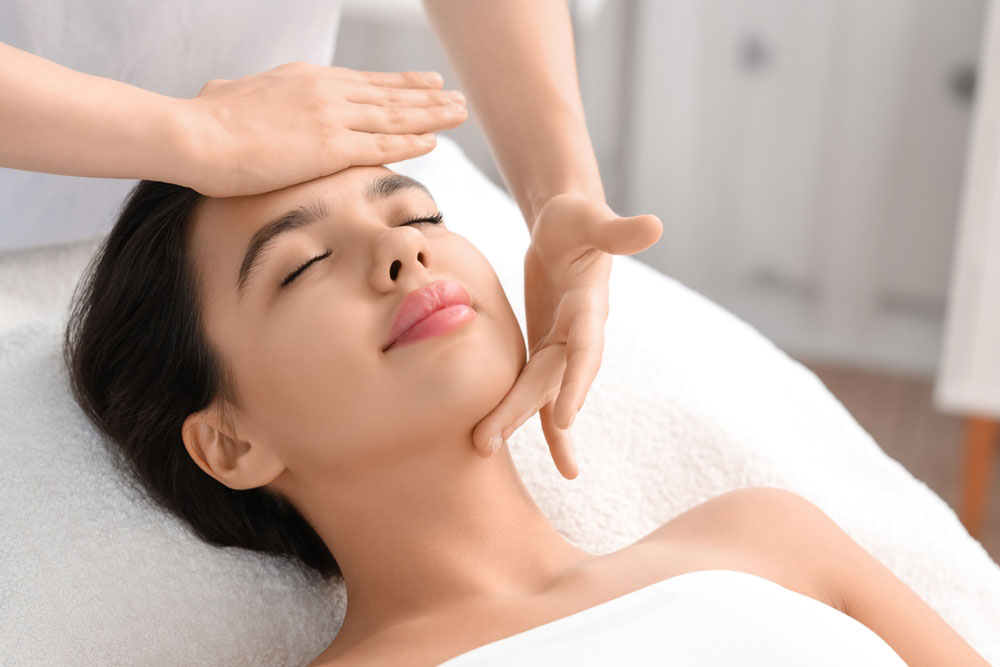Dermatologists can play an important role in the diagnosis and treatment of hair loss. Hair loss can have many different causes, and a dermatologist can help determine the underlying cause of the hair loss and recommend appropriate treatment options.
Hair Loss Diagnosis & Treatment
During a consultation, a dermatologist may perform a physical exam of the scalp and hair, take a medical history, and ask questions about any symptoms or changes in the hair or scalp. They may also recommend additional tests or procedures, such as blood tests, scalp biopsy, or trichoscopy (a technique that uses a specialized camera to examine the hair and scalp).
Based on the findings of the consultation and any additional tests, the dermatologist may recommend a variety of treatment options. These may include medications such as minoxidil or finasteride, topical corticosteroids, or other topical medications. In some cases, the dermatologist may recommend hair transplantation or other surgical procedures.
In addition to treating hair loss, dermatologists can also provide advice on how to maintain healthy hair and prevent further hair loss. They can recommend hair care products, lifestyle changes, and other strategies to help promote hair growth and improve the overall health of the scalp and hair.
What is Seborrheic Dermatitis?
Seborrheic dermatitis is a chronic form of eczema that affects the scalp, causing scaly patches and inflammation. If left untreated, it can also lead to permanent damage to the hair follicles and impede hair growth. Symptoms of this condition include itching and scratching of the scalp, which can cause further irritation and scarring. If you are experiencing any of these symptoms, you should seek help from Borealis Dermatology to keep your scalp and hair looking and feeling healthy.
Seborrheic dermatitis, commonly known as dandruff, can also appear on the face, nose, eyebrows, and ears. Although it is not contagious and may go away without treatment, it is wise to speak to a dermatologist to avoid further disruption to your daily life.
PRP For Hair Rejuvenation
PRP therapy is an additional mechanism by which patients can stimulate hair growth, specifically for those who either aren’t comfortable with or cannot use other hair loss treatments. Further, it is considered a rather convenient treatment option because it is neither overly complicated nor painful.
PRP is a biological product; it is a portion of the plasma fraction of the blood with a relatively high platelet concentration. In order to treat hair loss from an arguably natural standpoint, many patients turn to Platelet-rich-plasma (PRP) therapy. The importance of this product with regards to combating hair loss lies in its components, specifically the presence of growth factors.
There are over 20 growth factors present within PRP, which activate cell signaling pathways and ultimately stimulate growth of the hair. The PRP therapy process involves 3 Steps:
1. Your blood gets drawn from your arm. The blood then gets placed in a centrifuge, a device capable of separating your blood based on the different densities of its components.
2. After some time in the centrifuge, your blood is separated into three layers:
- Platelet-poor plasma
- Platelet-rich plasma
- Red blood cells
The Platelet-rich plasma is injected via syringe into areas of the scalp where increased hair growth is necessary. Although PRP is not a permanent solution to hair loss, it is a very long-lasting option for hair loss issues. The results of PRP may be maintained with annual follow-up treatments.
Hair loss is a condition that can affect both men and women. There are many reasons for hair loss and treating underlying conditions is the first step to a healthy scalp and the prevention of related symptoms. PRP is a treatment that is a very effective treatment available to combat female & male pattern baldness. If you have mild to moderate hair loss and want to take control and improve your self-confidence, PRP may be right for you. At Borealis Dermatology, Dr. Arora and his team will evaluate your condition and suggest the best treatment plan for you. If you have any additional questions call our office at (516) 246-8800 or visit our offices in Syosset or Garden City.







